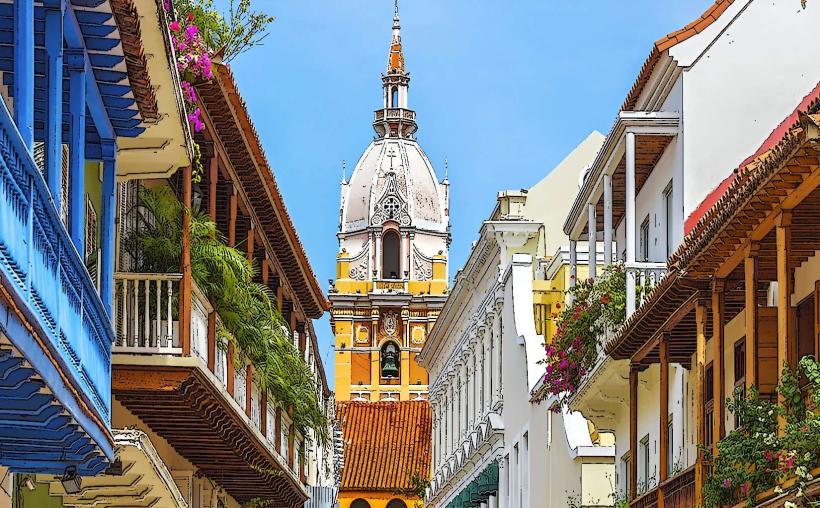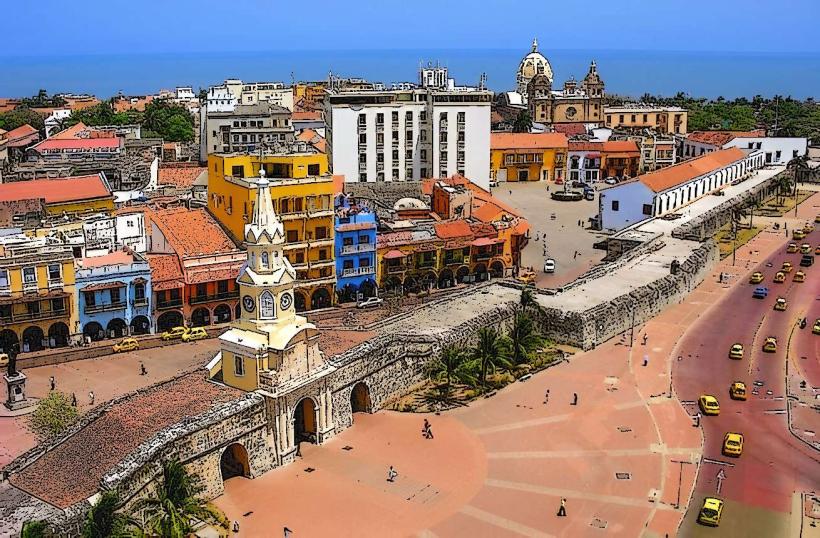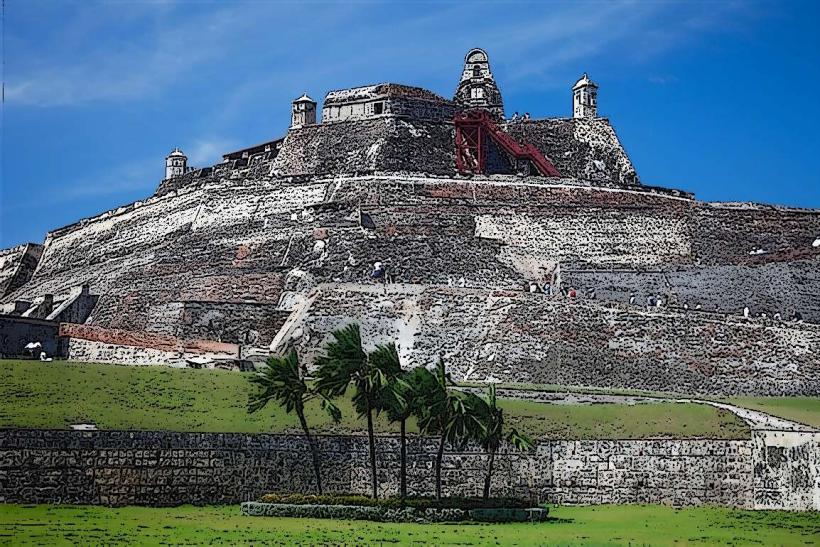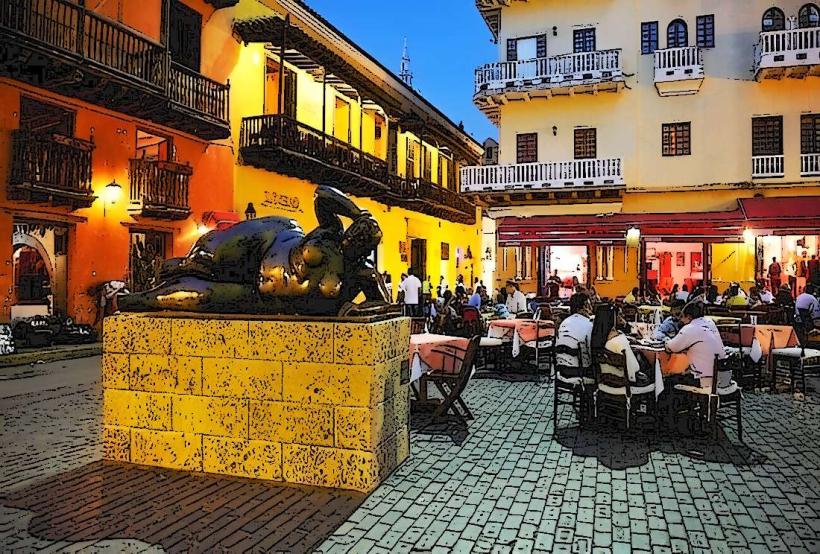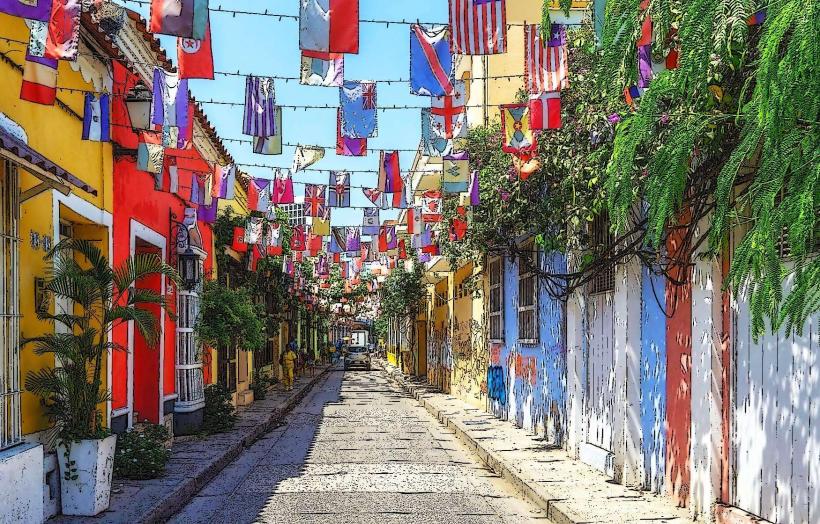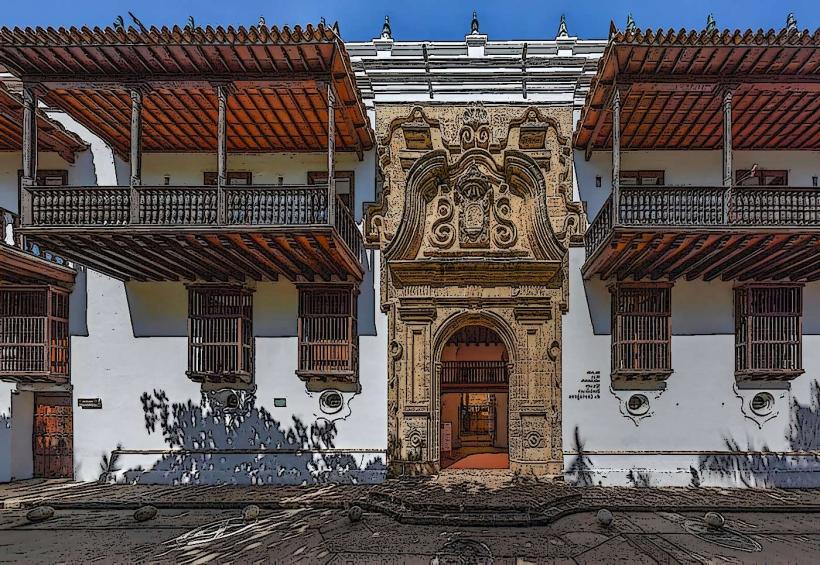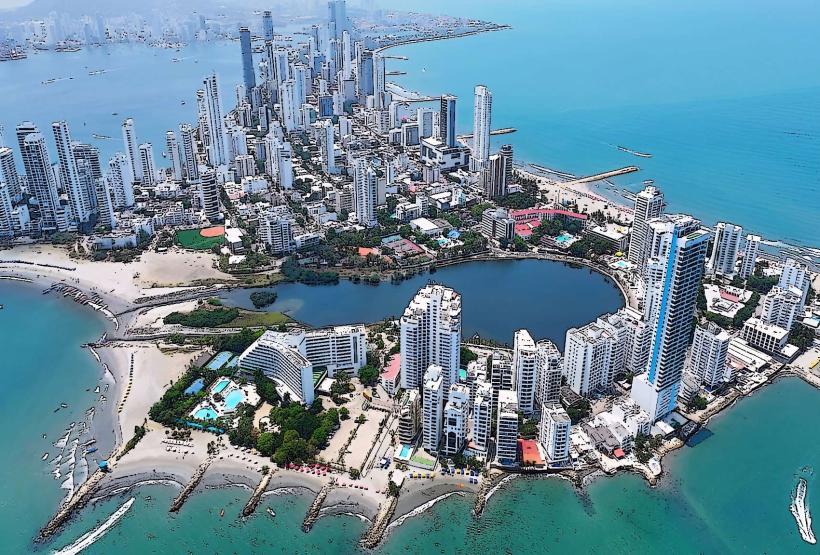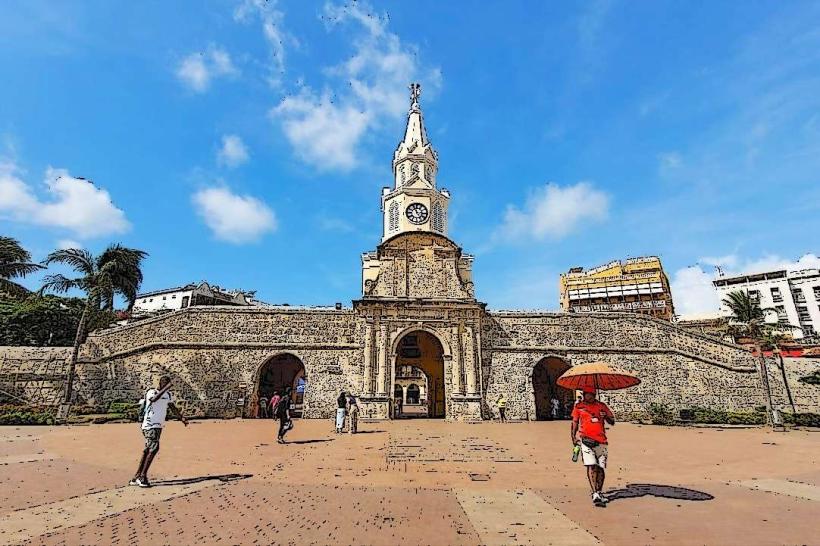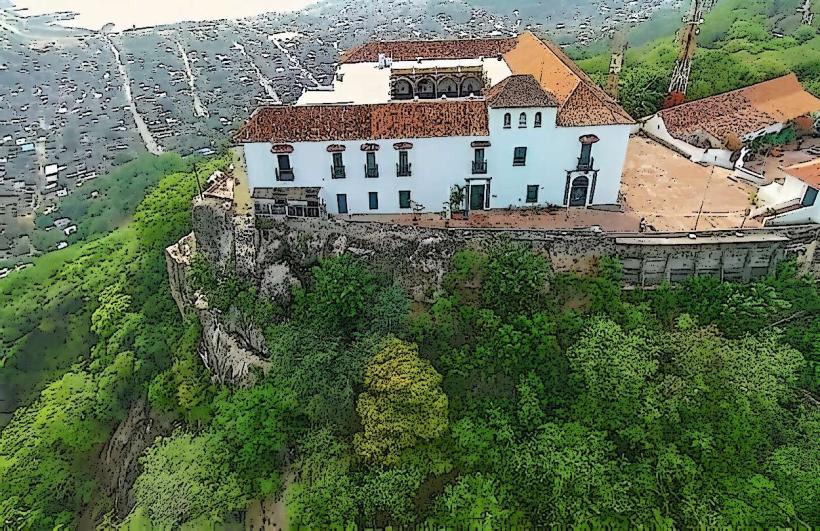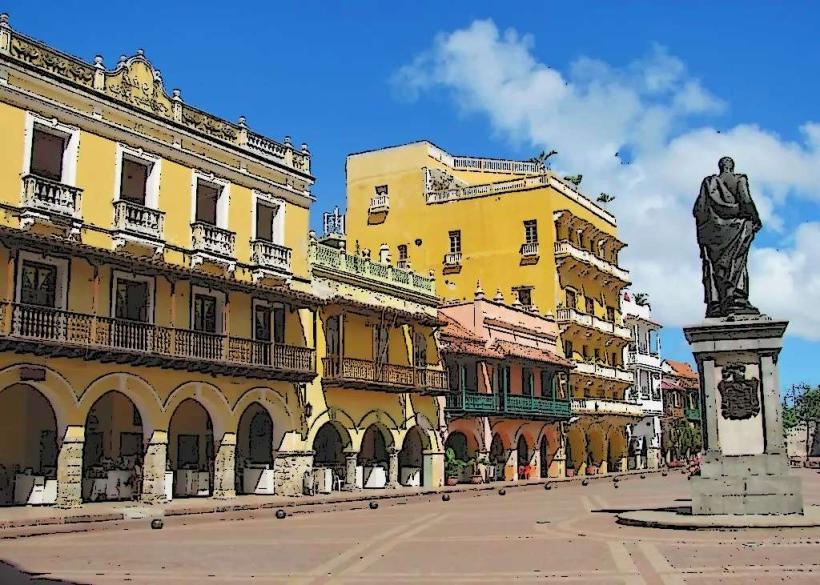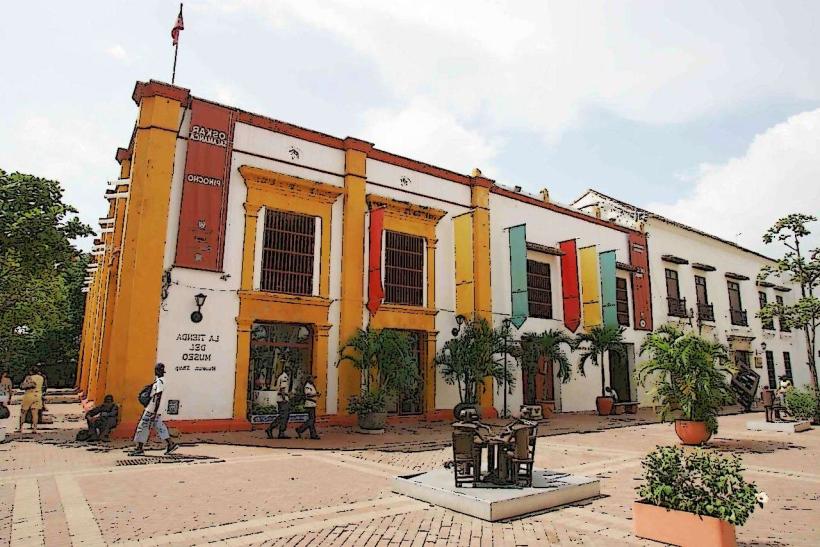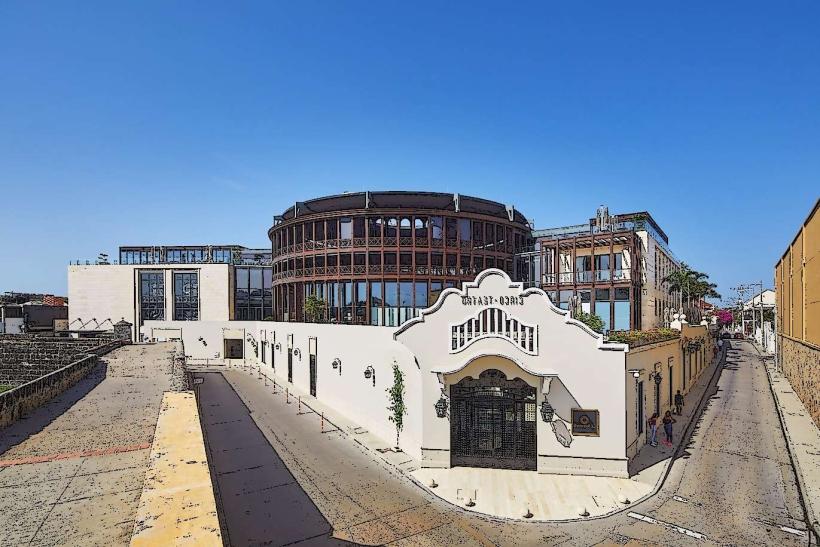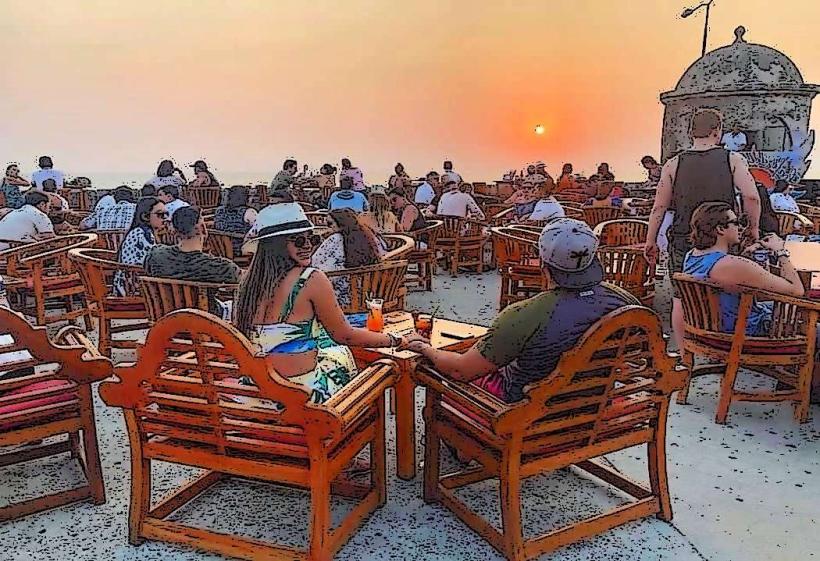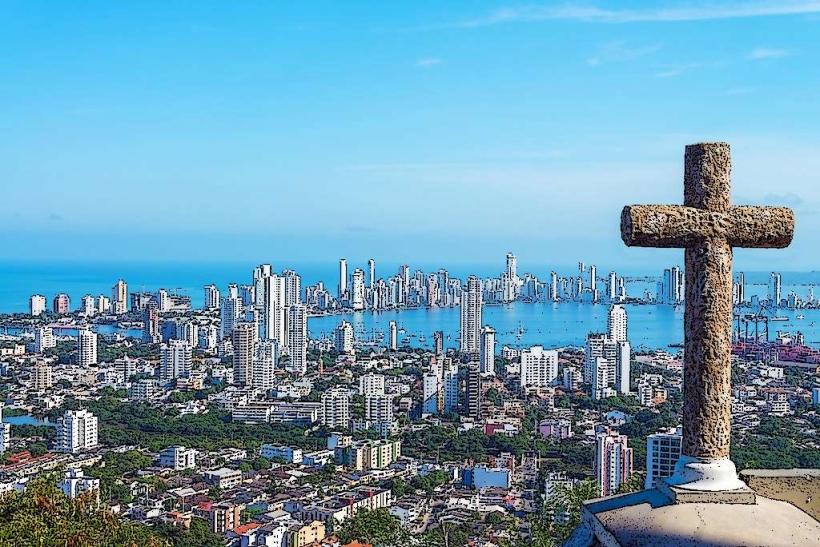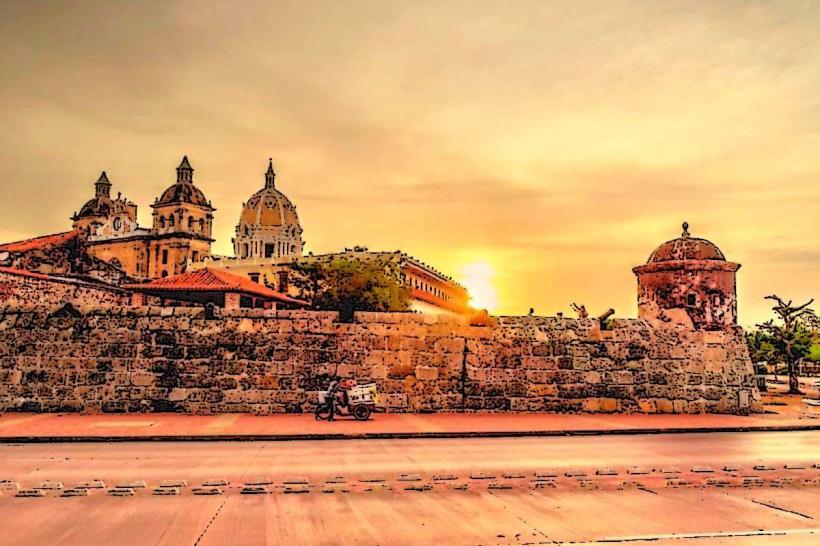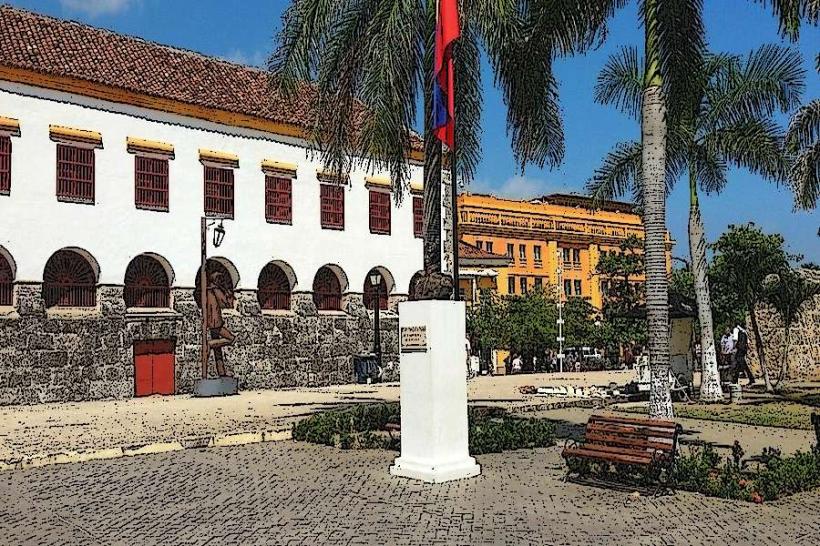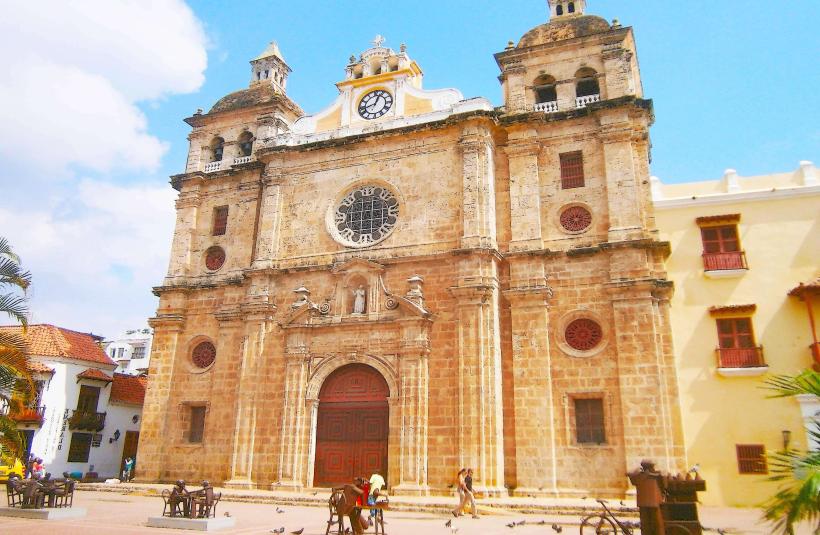Information
Landmark: Museo del Oro ZenúCity: Cartagena
Country: Colombia
Continent: South America
Museo del Oro Zenú, Cartagena, Colombia, South America
Museo del Oro Zenú – Cartagena’s Gold Museum
The Museo del Oro Zenú (Gold Museum of Cartagena) is a fascinating cultural and historical attraction showcasing the rich gold craftsmanship of the Zenú people, one of Colombia’s most significant pre-Columbian civilizations. Located in Cartagena’s historic center, near Plaza Bolívar, this museum is dedicated to the indigenous heritage of the Caribbean region and offers visitors a chance to explore the intricate goldwork, traditions, and way of life of the Zenú civilization.
History & Significance of the Zenú People
- The Zenú civilization thrived in the region of present-day Colombia for over 2,000 years, long before the arrival of the Spanish.
- They were skilled goldsmiths, creating intricate gold ornaments, jewelry, and ceremonial objects, many of which were used in rituals, burials, and as symbols of power.
- The Zenú people also engineered advanced hydraulic systems to control flooding and irrigation, demonstrating their deep knowledge of agriculture and water management.
What to See at Museo del Oro Zenú
1. Gold Artifacts & Pre-Columbian Jewelry
- The museum houses a stunning collection of gold artifacts, including:
- Pectorals (large chest ornaments worn by Zenú elites).
- Earrings, nose rings, and headdresses used in ceremonies.
- Animal-shaped figurines, especially representations of jaguars, birds, and bats, which were sacred to the Zenú.
2. The Zenú Hydraulic System Exhibit
- One of the most fascinating exhibits explains how the Zenú created an intricate network of canals and raised fields to prevent flooding in their lands.
- This system, built around 500 BCE, covered 500,000 hectares and supported large-scale agriculture.
- It highlights the Zenú’s advanced engineering skills and sustainable farming methods.
3. Cultural & Ritual Objects
- Visitors can see ceremonial masks and gold artifacts used in rituals and burials.
- The Zenú people believed gold had spiritual power, connecting them to nature and the gods.
4. Indigenous Weaving & Textile Traditions
- The museum also explores Zenú textile craftsmanship, particularly their famous "sombrero vueltiao", a woven hat that is now a symbol of Colombian culture.
- Exhibits showcase how Zenú artisans continue these traditions today.
5. The Role of Gold in Zenú Society
- Unlike the Spanish, who valued gold for its monetary worth, the Zenú used gold for spiritual, political, and artistic purposes.
- The museum explains the symbolism of gold in their society, including its connection to shamanism, fertility, and protection.
Why Visit Museo del Oro Zenú?
✔ One of Cartagena’s best free museums (entry is usually free!).
✔ A deep dive into the history of the Zenú people and their craftsmanship.
✔ Impressive collection of pre-Columbian gold artifacts.
✔ A perfect complement to visiting other historical sites in Cartagena.
✔ Great for history lovers, culture enthusiasts, and those interested in indigenous heritage.
Final Thoughts
The Museo del Oro Zenú is a must-visit for anyone interested in the rich indigenous history of Colombia. It offers a fascinating look at the Zenú civilization’s gold craftsmanship, hydraulic engineering, and cultural traditions. Located in the heart of Cartagena, it’s an easy and rewarding stop for visitors exploring the city’s colonial past.

